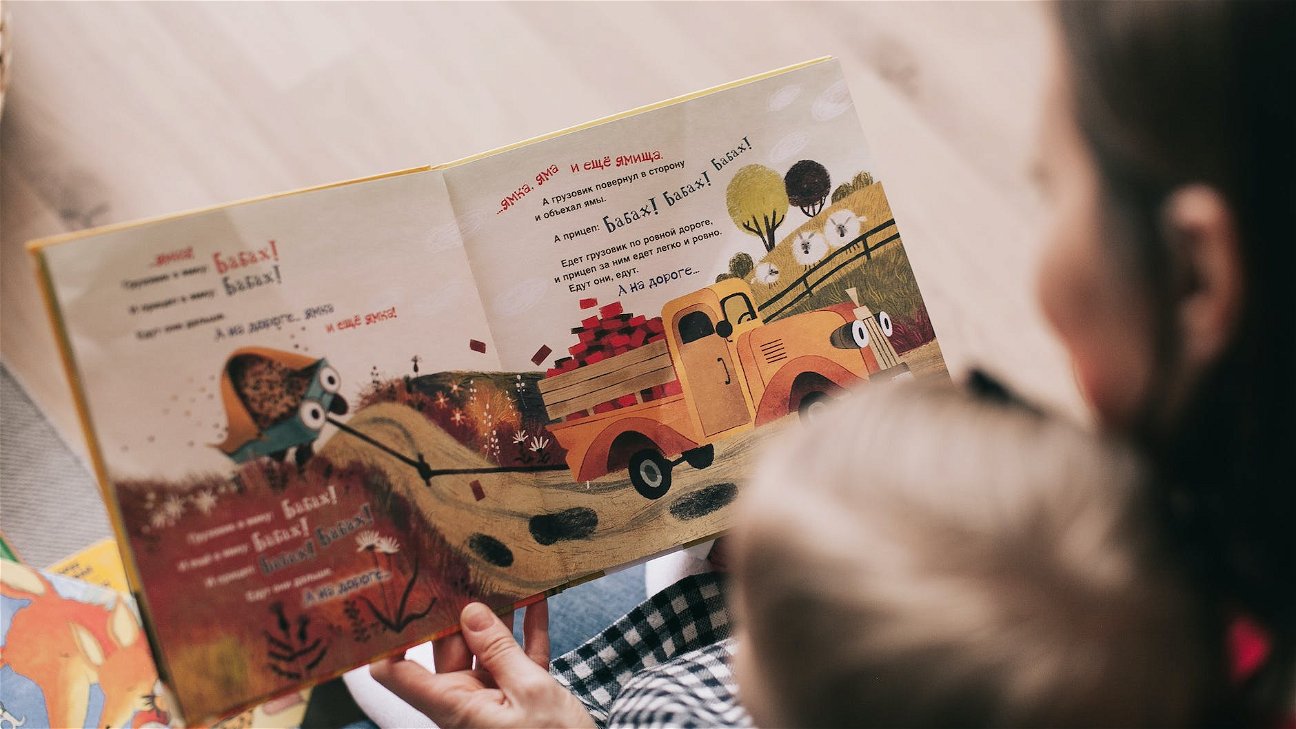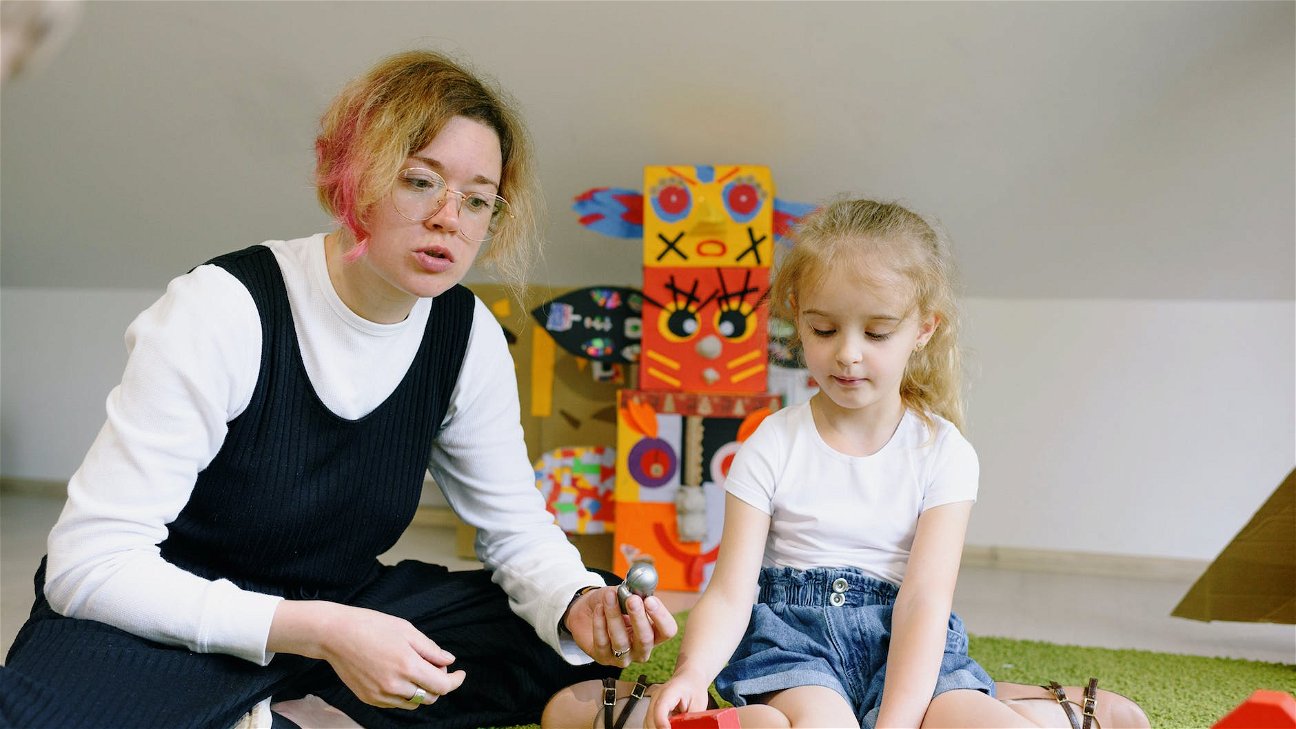
Playdates for children have gained significant importance in recent years. They are more than just a way to keep your child occupied or entertained. Playdates play an essential role in shaping a child's social development. They help children learn essential life skills, such as social interaction, problem-solving, conflict resolution, and emotional intelligence.
Let's dig deeper into the benefits of playdates for children.
Benefits of Playdates for Children
Playdates provide a plethora of benefits for children. Below are a few key ones:
-
Development of Social Skills: Playdates are an excellent platform for children to learn and practice social skills. They learn to share, cooperate, and communicate with their peers.
-
Boost Emotional Intelligence: Playdates often involve situations where children have to manage their emotions and understand the feelings of others. This contributes to emotional intelligence.
-
Enhances Communication skills: Through playdates, children develop their language and communication skills. They learn new words and ways to express their thoughts and feelings.
-
Builds Confidence: Playdates provide a safe and comfortable environment for children to explore new things, which helps build their confidence.
-
Promotes Physical Activity: Playdates, especially outdoor ones, promote physical activity and combat sedentary behavior.
Now that we understand the benefits, let's look at the do's and don'ts to make playdates successful.
Do's and Don'ts of Playdates
When organizing or attending playdates, there are a few things parents should keep in mind. Here's a list of do's and don'ts:
Playdates and Child Behavior
Playdates can have a direct impact on child behavior. Children learn to cooperate, take turns, and manage conflicts, which shapes their behavior in a positive way. However, it's essential to be mindful of the challenges of playdates. Some children might find playdates overwhelming or stressful. Therefore, it's crucial to prepare your child for a playdate, making them understand what to expect and how to behave.
Role of Parents in Playdates
Parents play a pivotal role in playdates. They should actively participate in the process, set the rules, monitor the activities, and intervene if necessary. Also, parents can use this opportunity to learn more about their child's social skills and behavior.
To sum up, playdates are a valuable tool in child social development. They help children learn critical life skills, make friends, and have fun. By following the do's and don'ts, parents can ensure that the playdates are successful, safe, and enjoyable for all parties involved.











